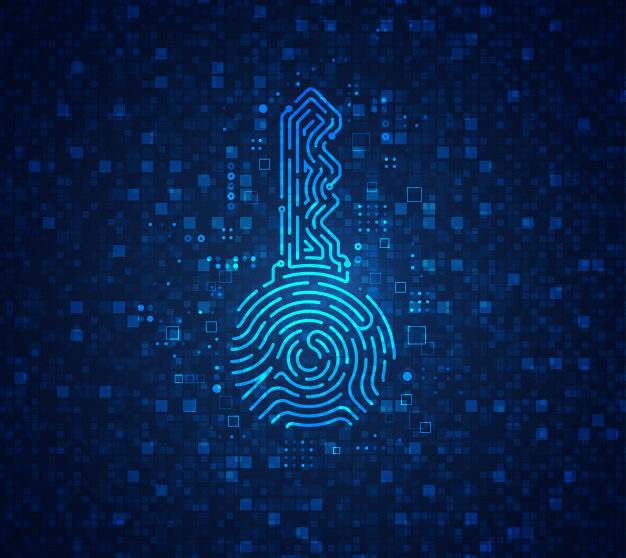What is the main challenge of blockchains? What concrete changes can this technology make in our society?
The major challenge posed by the emergence of this new technology is to challenge the way our societies function, based on the trust of a third party.
Visit blockchain is a decentralized registry that cuts out the middleman in society. This technology has given rise to a new paradigm of trust.
The transparency of these IT tools makes the information accessible to all for validation by consensus. It's as if we could all see and vote on a process together, without the need for a trusted third party.
For example, for financial activities, instead of giving responsibility to a trusted third party (bank) to manage and validate our transactions, we can now do it together by consensus using blockchains.
It calls into question the very foundations of our society. We're used to the "referee" of a mach validating a soccer team's goal. It's inconceivable that we, the public, should be the ones, with the help of cameras, to vote on whether or not to validate the goal. Our whole society relies on trusted third parties. Here are the trusted third parties we know: the lottery, our banks, our notaries, our lawyers, our judges, our newspapers, our manufacturers, our insurance companies.
The invention of blockchain enables the beginning of a process of disintermediation of costly and unnecessary trusted third parties. The savings are estimated at 6 billion euros worldwide !
When the Internet first appeared, we thought of creating a more humane and just civilization, a world in which there would be no prejudice due to economic power, race or place of birth.
But 20 years later, the web has failed to deliver on its promise between mass commerce, centralization of personal data, and the concentration of a few (Amazon, Google, Facebook).
A world of privileged people has also been created in the Internet world.
Today, a new technology has appeared. Will we once again have to create an asymmetrical world with it?
Maybe not this time...
The ultimate aim of blockchains is to democratize transactions, whatever their nature. Blockchain offers three main pillars:
-> Money transactions for all. Regardless of resources, location, political stance, race or country, blockchains can be accessible to all. Unbanked people can carry out their transactions in a fair way, with no privileges for anyone.
-> Consumption patterns. Thanks to blockchain and IoT (Internet of Things), traceability can be guaranteed, resolving information asymmetries between producers and consumers.
-> Digital voting. By setting up a secure and anonymous 100 % decentralized system, we can participate in massive referendums instantly for any political or other decision.
With these tools and this technology, we can reshape the way our world works.
The main challenge of blockchains lies more from a societal point of view, and involves a profound reflection on what we want to do with this technology.
